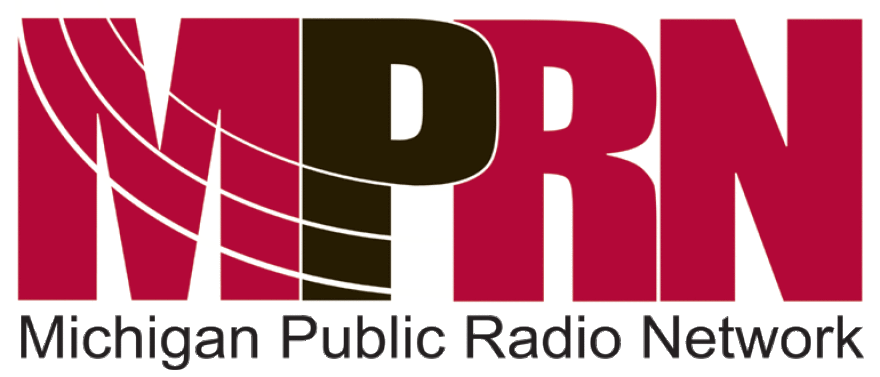(MPRN-Lansing) A Michigan man wants blind people to be able to opt out of taking the Law School Admissions Test (LSAT). Now, he is taking the case to the US Supreme Court.
The case originally began over five years ago when Michigan man Angelo Binno sued the American Bar Association (ABA) for disability discrimination. Law schools are required, as part of their admissions process, to only accept students that have taken the LSAT or other “valid and reliable test.”
If a school doesn’t, except for in very limited circumstances, it can be sanctioned or have its accreditation taken away. According to the ABA Standards and Rules of Procedure for Approval of Law Schools, the test is to,
“assist the school in assessing an applicant’s capability to satisfactorily complete the school’s program of legal education.”
Binno said he was rejected from every law school he applied to because he couldn’t draw diagrams for the logic games portion of the L-SAT and scored too low on the test. He said that doesn’t mean he would be a bad attorney.
“It’s about spatial relationships and it doesn’t test anybody’s ability to succeed as a lawyer and it doesn’t test success in law school,” he said.
The American Bar Association has said in the past that they are the wrong organization to be sued in this case. Instead, they argued during previous litigation, Binno should be suing individual law schools that wouldn’t admit him.
But the Binno’s attorney, Jason Turkish disagrees.
“If you require something, if you force somebody to take an exam, you should be liable if that exam is discriminatory,” he said.
While the ABA technically allows for a different test besides the LSAT for admission, Turkish said in reality there is only one test to take. Turkish said the problem with the LSAT for blind people is obvious.
“The American Bar Association forces this young man to litigate all the way to the United States Supreme Court to prove that a blind person shouldn’t draw a picture,” he said.
A spokesperson for the American Bar Association was unable to comment because they had not received the petition yet.




